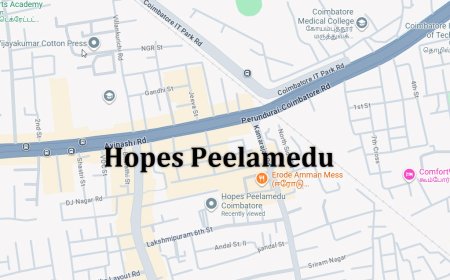Moderately Severe Depression in Python Projects
Moderately Severe Depression in Python Projects
Moderately Severe Depression in Python Projects
Abstract
Depression is a common mental disorder that can severely impact daily functioning and quality of life, with moderately severe depression requiring timely identification and intervention. The project Moderately Severe Depression Detection in Python Projects focuses on developing an intelligent system that predicts the presence and severity of depression using machine learning and data analytics. Python is chosen as the development platform due to its rich libraries for data preprocessing, natural language processing (NLP), and machine learning, including Pandas, NumPy, Scikit-learn, TensorFlow, Keras, and NLTK. The system collects data from surveys, questionnaires, social media, and behavioral patterns, analyzes responses and textual content, and predicts moderately severe depression levels. By providing automated assessment, the system enables early intervention, personalized treatment, and continuous monitoring of mental health.
Existing System
Current methods for depression assessment primarily rely on clinical interviews, psychometric questionnaires (such as PHQ-9), and self-reported surveys. While these methods are effective, they are often time-consuming, subjective, and difficult to scale for large populations. Digital mental health apps and online assessments exist, but they typically lack predictive intelligence, real-time monitoring, or integration of multiple data sources to detect the severity of depression accurately. Traditional statistical methods may detect trends but often fail to capture subtle behavioral and textual cues, limiting early detection and intervention capabilities.
Proposed System
The proposed system introduces a Python-based predictive framework for detecting moderately severe depression. Data from mental health questionnaires, surveys, social media posts, and behavioral metrics are preprocessed, normalized, and transformed into structured features suitable for analysis. NLP techniques are used to analyze textual responses and social media content for sentiment, emotion, and behavioral cues. Machine learning models, including Random Forest, Gradient Boosting, Support Vector Machines (SVM), and deep learning architectures such as LSTM and ANN, are trained to predict the presence and severity of depression. Model performance is evaluated using metrics like accuracy, precision, recall, F1-score, and ROC-AUC. By integrating multi-source data, predictive analytics, and continuous monitoring, the system enables early detection of moderately severe depression, supports timely intervention, and facilitates personalized mental health care strategies.
What's Your Reaction
 Like
0
Like
0
 Dislike
0
Dislike
0
 Love
0
Love
0
 Funny
0
Funny
0
 Angry
0
Angry
0
 Sad
0
Sad
0
 Wow
0
Wow
0






























